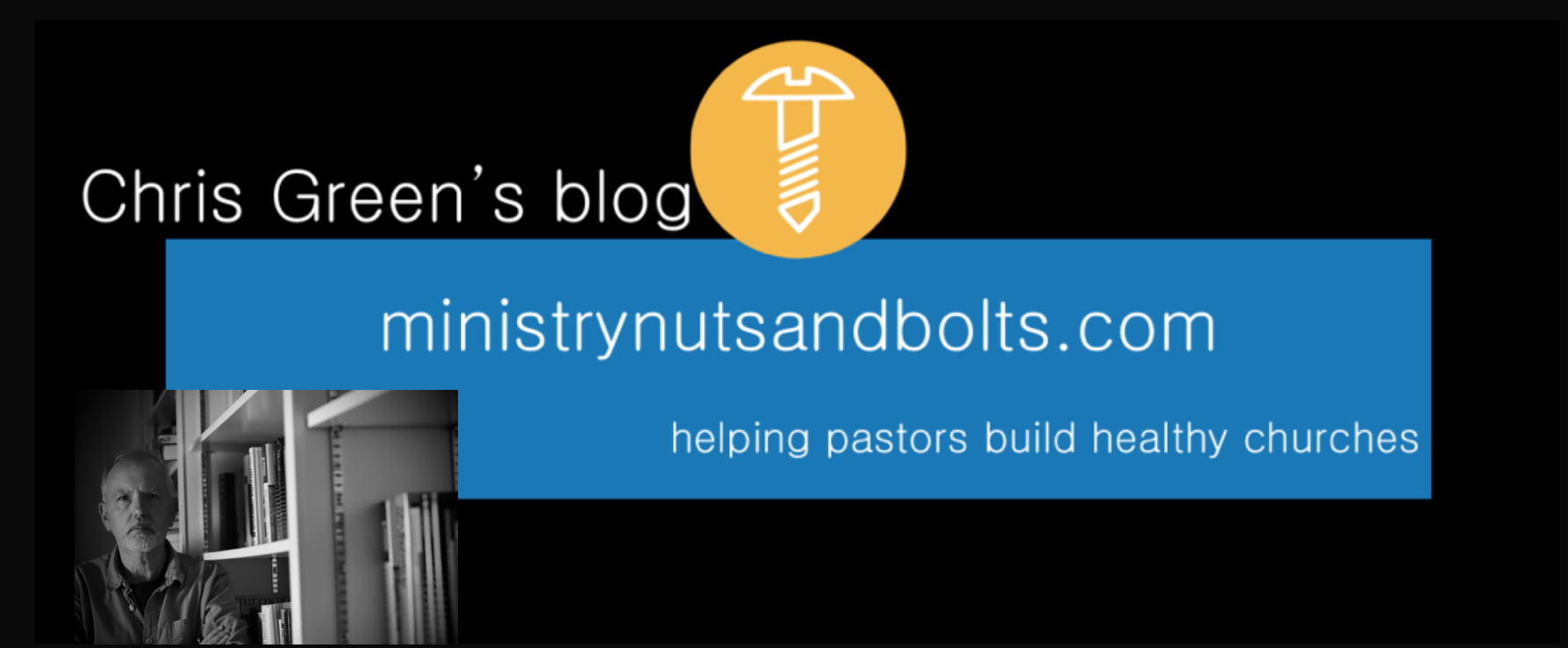One of the critical roles of the leader is to speak – to explain, define, realign, teach. If you’ve been on the receiving end of silence from those senior to you, you’ll know how frustrating it can be.
So we pastors know that we need to speak to the sheep in our care. But what can we say, when we ourselves are making it up as we go along?
Our church has had a practice run at this in the last couple of weeks. Around fifty of us were supposed to be on a trip to Israel (right now), and we were a week away from going as the coronavirus news really began to rack up.
Suddenly I was on the receiving end of questions, anxieties – and I had a whole ton of questions myself. The situation in Israel was changing daily. Until the Israeli government decided to stop groups like ours, the decision on whether or not to go, was mine.
Here are the principal lessons I learnt, and how you might need to process them today.
Don’t go silent. Communicate, if only so people know you are still on the case
I did a short email every day, saying what we were up to. Now, for church and the coronavirus, that would be overkill. I had people worrying about flights, insurance and a host of the things. This is different. We have a pattern of a weekly email to our members, but I’m now stepping that up – slightly. In addition, I’m planning on something on a Saturday, to manage expectations for what our online presence will be the next day.
Some of that will be a video, because if you’re shut at home, a human voice is key.
Say what you know and what you don’t know
Everyone knows that you’re planning in a context of chaos, because they are too. So be honest. Where there are plans, be clear and simple. Where you’re unclear, tell them that, too. Even if you don’t have an answer, owning that question is critical.
Say what you’ve decided to do, and what the next steps might look like
I learnt this from the way the Church of England is guiding our denomination through this. Over the past few days the guidance has been updated, and it always has the same pattern: this is what you need to act on now, and this is what you’ll need to be ready for in the next few days. Thats an excellent model.
So, it looks like this; Last Sunday we met, this week we’ll livestream, and we shall let you know how that will work, on Saturday. That kind of thing. Remove as much anxiety as possible.
Don’t give them too much to worry about
Of course you and I thinking about the impact on the loss of members, or giving. We shall have to brainstorm on how to disciple, and preach. Some of us need training in how to speak to a camera. Others of us need to do hard thinking about pastoral visiting, funerals, things like that.
But you don’t need to say all that. You don’t need to say everything. Lose the footnotes, the qualifiers and the subclauses.
And remember too that all the research about the anxiety-raising nature of social media still applies. Everyone’s checking social media much more frequently, and we are all living in a breaking news cycle.
Don’t feed that monster.
Find a way to make it a conversation, not a broadcast
The great thing about social media is that its.. social. You can reply, sympathise, share a picture of a puppy.
But – a nano-second’s thought shows that the idea of an active WhatsApp group for 200+ members is bonkers. It’s the worst kind of online experience, a cascade of alerts. The medium doesn’t fit the message.
So we might encourage our small groups onto that, but to find something else for the larger body. And pastors – we’re going to have to find known times to be an online-presence, and at other times to close off. We cannot live online 24/7.
And if you have a team, make calendar appointments for proper online meetings. Everyone knows someone self-isolating, so let’s plan for that.
Consider the technophobes
We don’t have every member’s email. Not everyone has a smartphone or broadband. Some people were still picking up the weekly newsletter in printed form.
So guess what, it’s going to be time to hit the phones with a ‘smile and dial’, and to write letters.
Calm, clear and faith-filled. That’s the key.





Thanks Chris. Your earlier post encouraged me to Facebook Live the church for the first time this morning rather than just send an e-mail (which would be my default). Lots of helpful advice in this one too.
Another great post Chris. Keep them coming.
Thanks, James.